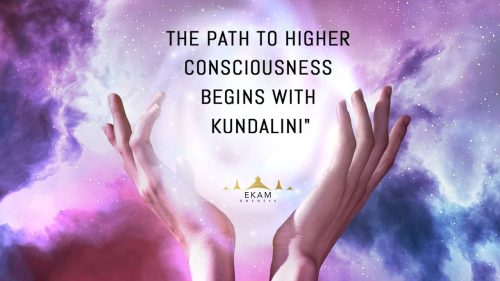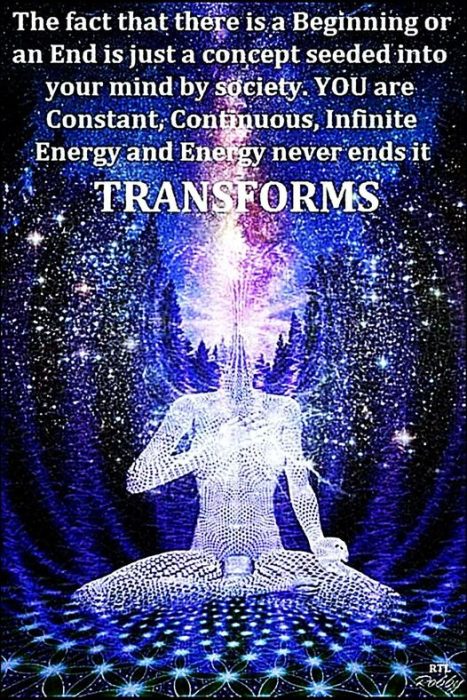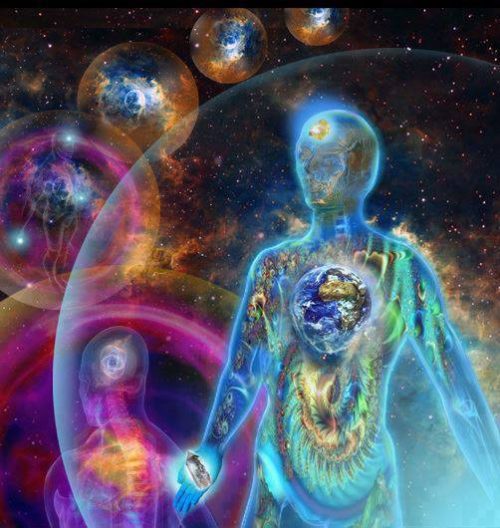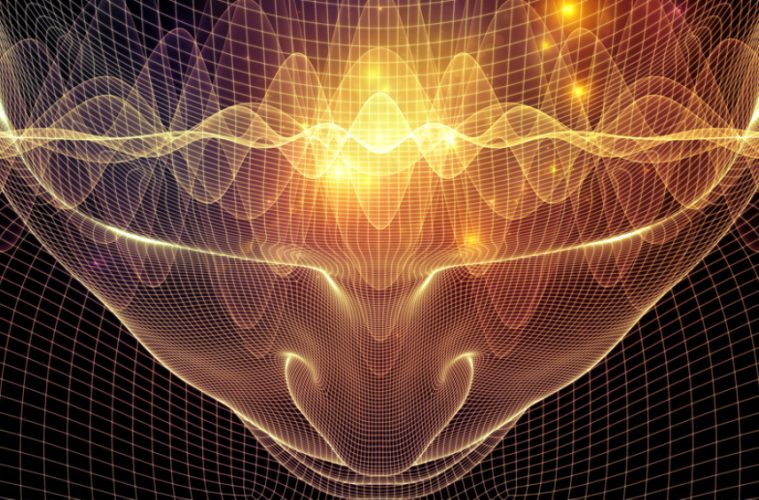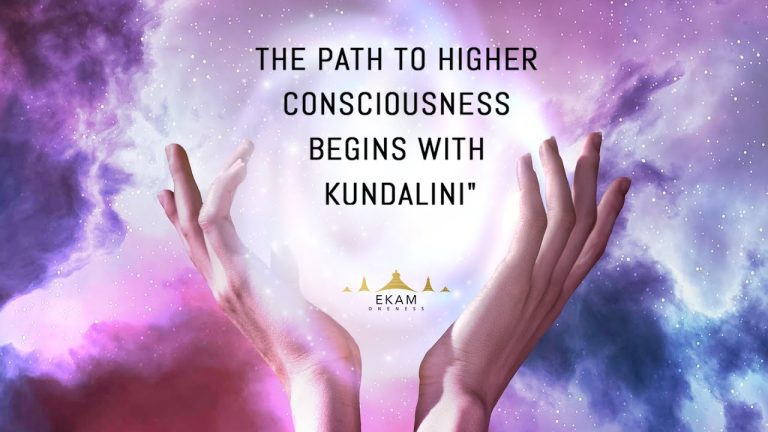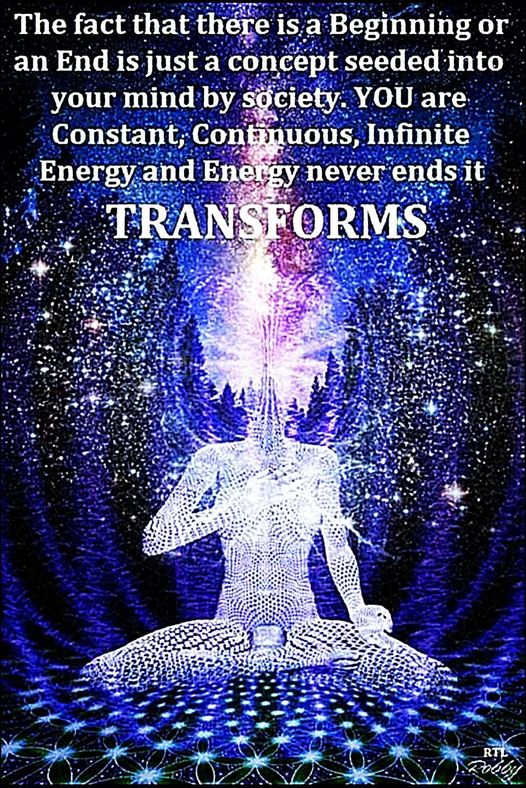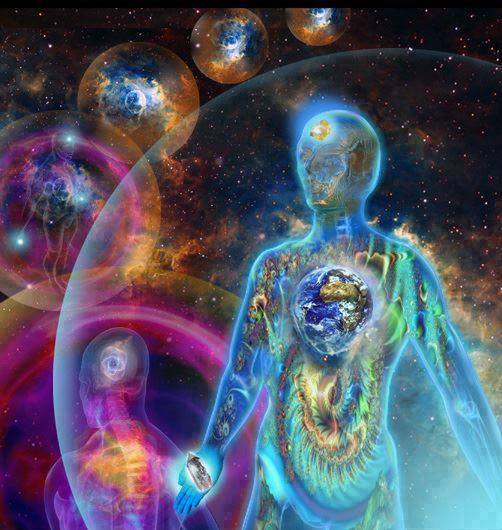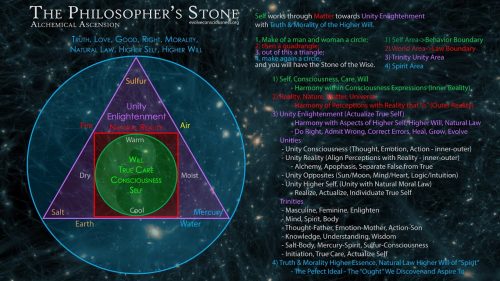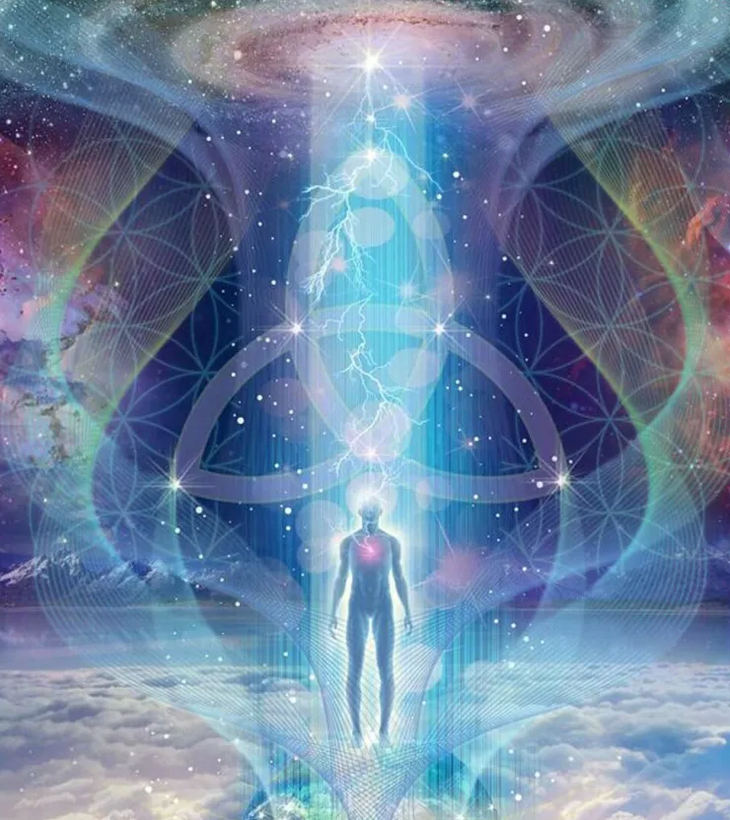
Various levels of consciousness. The Ladder of Selves. Wilson emphasizes that ‘Faculty X’ is not a ‘sixth sense’, but an ordinary potentiality of consciousness. Ultimately it is the key ‘not only to uncover man’s hidden powers, and the occult experience, but to the evolution of the human race’.
One man, the writer Colin Wilson (1931-2013), certainly thought so, devoting an entire chapter of his entertaining 1971 bestseller The Occult to the subject of what he called `The Poet as Occultist’. Wilson’s basic premise was that there was some kind of hidden power lying latent within the human mind called ‘Faculty X’, which artistic-types possessed in more abundance than the rest of us.
This Faculty X, said Wilson, was nothing less than ‘the key to all poetic and mystical experience’, a special mode of consciousness which would allow us to reach beyond our present time and location, dissolving away the narrowness of our everyday way of seeing the world and opening up ourselves to the idea of some deeper reality underlying Creation.
Man also has a profound desire to transcend the triviality of everydayness. He spends most of his life bogged down in the present, attending to inconsequential concerns. ‘Faculty X’ allows man to transcend boredom – to overcome what Wilson calls the ‘robot’.
The ‘robot’ comprises all those functions which we learn to perform unconsciously and automatically. It has a habit of taking over ‘our lives’ – causing ‘life failure’.
Man also possesses natural animalistic and instinctual powers.
With the growth of civilization these powers are subsumed by intellectual powers. Wilson argues that man can strive to develop his instinctive powers, in the same way that he strives to develop his intellect.
“The poet, the mystic, and the magician, (in fact all transcendists), have this in common: the desire to develop their powers ‘downward’ rather than ‘upward’.
To reconnect with their deepest nature. In this way ‘Faculty X’ also unites the two halves of man’s mind, conscious and subconscious.” 16 This is what Carl Jung, defines as the transcendent function – making the subconscious, conscious.
Wilson emphasizes that ‘Faculty X’ is not a ‘sixth sense’, but an ordinary potentiality of consciousness. Ultimately it is the key ‘not only to uncover man’s hidden powers, and the occult experience, but to the evolution of the human race’.
Various levels of consciousness. The Ladder of Selves
Wilson has never outlined a theory of how the average state of consciousness develops. But he does regard it as a deficient and subnormal ‘state’.
All transcendists know that the sense of self in the average state of consciousness, and transcendent states of consciousness, is very different.
They experience self-consciousness as anything from the average, to the God-like. Inevitably they draw up ‘mind maps’ or ‘cartographies of consciousness’, in an endeavor to define various levels of consciousness.
Most serious transcendists have drawn up ‘maps’ of this kind. Wilson is no exception. He begins with the basic state of non-consciousness that we experience in very deep sleep, and calls this Level 0.
The next level, Level 1 is the level we experience as we dream, and which persists in hypnagogic experiences.
Level 2 is the most basic level of waking consciousness: that is mere awareness. Consciousness is merely a mirror reflecting the outside world.
At Level 3 consciousness has become self-aware but it is still dull and heavy — so heavy that we are only aware of one thing at a time.
Level 4 is the normal consciousness we experience every day. It is no longer too heavy to move or to cope with existence but life still seems a grim battle. Consequently it tends to sink back easily towards Level 3.
The characteristic that Levels 1-4 have in common is a passive attitude towards life and experience.
At Level 5 this ceases to be the case. This level Wilson calls ‘spring morning consciousness’ or ‘holiday consciousness’. Life becomes self-evidently fascinating and delightful.
Level 6 he calls the ‘magical level’. In such states we feel a total reconciliation with our lives. ‘For moments together my heart stood still between delight and sorrow to find how rich was the gallery of my life’, says Hesse’s Steppenwolf. Problems seem trivial; we see that the one real virtue is courage. Consciousness has become a continuous ‘plateau’ peak experience.
Level 7 is ‘Faculty X’ — as already discussed, this provides a sense of mastery over time and space and consciousness.
In Beyond the Occult, Wilson explores Level 8, through profound transcendent experiences of Peter Ouspensky, and experiments with lysergic acid, (1954-1957), by R. H Ward. Elsewhere Wilson has also reviewed Aldous Huxley’s mescaline experiences, in the Doors of Perception, and Heaven and Hell.19 Wilson’s cartography of consciousness is relatively simple compared to maps such as Timothy Leary’s 8-circuit model of consciousness 20, and those of John Lilly, Stanislav Grof, Stanley Krippner, and Ken Wilber, amongst numerous other 20th
century transcendists.
Level 8 consciousness seems to “contradict the evidence of our senses and of everyday consciousness. The inner becomes the outer, the outer becomes the inner, man is the whole universe and a mere atom, space and time are seen to be illusions”.
Average Self and Transcendent Self
Much of human development is unconscious. You could argue that we all possess an evolutionary, physiological, sociological, cognitive, psychological and neurological unconscious. Very little consciousness goes into the average state of consciousness.
The average sense of Self is underpinned by a vast network of unconscious processes. To put it another way, what we under-stand by the Self, is a very small sub-unit of a much greater self. As we progress up the levels of consciousness, we also expand the sense of Self, until at level 8, the Self becomes the equivalent of God.
Wilson has a number of nineteenth-century authors whose work he admires, and returns to frequently. In the Occult series, these include Thomson Jay Hudson, Frederic Myers and William James.
They were heavily influenced by researchers in Europe, including Jean-Martin Charcot, Sigmund Freud, and Pierre Janet.
All were prominent in the period when dynamic psychiatry, with its focus on the unconscious, self-identity, and dissociation, rose to become a dominant force in medicine, psychiatry and world culture (1880-1914).
On the basis of experiments in hypnosis in particular, Hudson came to the conclusion that man has two minds, a ‘practical’ mind which engages in everyday external concerns, and a ‘non-practical’ mind which orchestrates the inner workings of consciousness. Hudson called these the objective and subjective minds.
The highest function of the objective mind was reason, and of the subjective, intuition.
The subjective could draw on a vast store of power and energy, had limitless memory, and was like a ‘hidden self’ working constantly in the transliminal margins of consciousness. The objective mind suppressed the workings of the subjective.
Average men had little or no access to it. It could, however, be accessed by transcendists.
Hidden in the depths of our being Myers discerned not just a rubbish-heap, but also a treasure-house. The subliminal self was concerned with the “supernormal, or … phenomenon which goes beyond the level of ordinary experience, in the direction of evolution, or as pertaining to a transcendental world”.23 Myers subliminal Self was also, according to Wilson, ‘a superconscious mind…an attic’24, or more correctly, a transcendent self. John C. Lilly, concluded The Centre of the Cyclone with, “…the miracle is that the universe created a part of itself to study the rest of it, that this part, in studying itself, finds the rest of the universe in its own natural inner realities”.25 Lilly, Myers, Wilson and many other transcendists have all arrived at the same conclusion.
That at the centre of the self lies a transcendent self which, under the requisite conditions, can not only transcend time and space, but which controls the workings of the individual body and consciousness, and has access to ALL ‘knowledge’ in the universe.
Undiluted Faculty X has the reverse effect; it strengthens our power to cope with everyday reality by raising our inner-pressure.
Apart from the poorly-chosen name, Faculty X is not a new development in the Wilson canon. The idea of Faculty X goes back to his earliest work. In 1957 he mentioned to Kenneth Alsop that some day man would develop a sixth sense which would enable him to perceive directly the purpose of life.
In 1969 he wrote The Philosopher’s Stone, a fictional approach to the idea of this hidden faculty. The idea has been present in his work in one form or another ever since. The Occult formalizes the idea: Faculty X is considered to be at the heart of all occult experience.
Wilson’s position is non-supernatural. In a “revolutionary” statement, he presents the position that magic and psychic powers have always been a part of the human makeup.
They are “hidden powers” only because they have not been used. Primitive peoples are more in touch with them because they are less in touch with civilization. Broadened perception is a liability to an evolving civilization. However, in light of our present level, the danger has passed; and there is now a need to reactivate these psychic powers.
When Colin Wilson writes that men should be as gods, that they are not yet quite human, he is claiming that human resources are far greater than we know.
Wilson, unlike Wordsworth, believes that the expanded perceptions of child-hood need not be lost. The vividness of perception is always present within man. It is this latent awareness that multiplies the beauty present in life, that reveals its value and meaning.
If man is to use his hidden powers of perception, he must first become aware of them.
The impetus behind Colin Wilson’s sense of urgency is the belief that if these perceptual powers are not used, man will evolve without them, and they will no longer be retrievable.
Wilson’s writings have taken the task of making man aware of this purpose in life. Accordingly, if man’s purpose is to actualize his potential, the tools to be used are the imagination and the human will.
Wilson’s newer existentialism revolves around a purposeful world; that man cannot see the meaning is only the byproduct of the narrowing of perception. Wilson’s answer rests in the intentional expanding of perception.
All persons, according to Wilson, have creative potentiality that remains untapped.
The ability to tap into this potential depends upon positive, rather than negative, energy. Human boredom, resulting from the overefficiency of human habit systems, the robot-like response to daily life, and the resultant narrowing of perceptions, generates negative energy.
Negative energy tends to obscure meaning, and this in turn slackens the will, making positive assertion difficult if not impossible.
The essence of Wilson’s position is that man can and must expand the present modes of consciousness. His casebook studies are meant to give people an idea of what can be developed.
The phenomenon of man’s resignation to littleness is used to show the reader that man is perceptually aware of very little; but moreover, that man is conscious or unconsciously choosing not to be aware. If this is not changed, if man fails to concentrate on the assertion of will, he will ultimately forget how to be aware. The mere fact that Colin Wilson has survived, and further, has continued to write more than one book per year, even after the onslaught of the Colin Wilson phenomenon, says something about the strength of will.
Indeed it was twenty-four years ago that Colin Wilson “the man” emerged from his sleeping bag in Hampstead Heath to cause the furor that quickly extinguished the public desire for Colin Wilson “the writer.” Wilson’s ideas, essentially unrecognized for more than a decade, are ready for public scrutiny. As his ideas have matured, so has his person.
The mature style of his later works indicates that Colin Wilson, at forty-eight, cares less for attacking the literary-philosophical establishment than for asserting his own ideas. So much of the intellectual input in modern society is negative and apocalyptic that those experiences that leave man on a positive up-plain are obscured and forgotten.
Wilson’s work, in his continual restructuring of the intellectual organization of experience, is an attempt to provide a more positive input concerning human potentiality.
Perhaps this optimistic view of life is just what a very weary world needs to survive.
Existentialism ultimately failed because it left no room for future development. He objects to this failure, and asks “if it is not possible that one might have an objection to being either defeated or destroyed?” “Is it not possible that someone has made a miscalculation somewhere?”
Defeat and failure are not to be found either in Wilson’s philosophy of life. He is open to the possibility that a mistake has been made. He is willing to opt for the presentation of a new existentialism. This new existentialism will renew the meaning and purpose that was left out of the old philosophy.
Meaning and Value in Human Existence Freedom must be connected, in some way, to the idea of meaningful human values. The old existentialism failed because it could see no values. If existentialism was a “philosophy of freedom,” then its greatest oversight was its concern with the freedom of “ordinary everyday consciousness.”
Wilson sees another aspect to human freedom, an extraordinary consciousness that strives for the more objective and positive evolutionary values, those values that reside outside of man. Wilson ridicules, then dismisses, Jean-Paul Sartre. He rejects the belief that man is condemned to be free.
The answer to the problem of freedom is not the answer to the problem of man. For although the existentialist sees man as free, he testifies that the “world is empty and meaningless.”
The question of meaning is the real problem, and for the old existentialism “there is nothing further to be done.” The ideas of human values and human contingency seem to be irreconcilable. It is the problem of contingency, claims Wilson, that is the major obstacle for the new existentialism.
By using the word “contingency,” Wilson is referring to the uncertain, unpredictable, and insecure nature of the universe. Historically, man has dealt with this problem through religious belief.
The belief in God’s will was a comfort in the face of uncertainty. With the rise of science and decline of religion, man, without a center of security, appeared helpless in a malevolent universe. The existentialist philosophers confronted the problem of contingency. Wilson rejected it. Not only did he reject the notion of contingency, but he also rejected to notion of pessimism.
His philosophy would be optimistic in attitude, and strictly empirical in method. In rejecting the notion of contingency, Wilson contends that meaning and values reside in the world. The real problem is that man, due to the narrowness of ordinary consciousness, does not see them.
Belief in life’s contingency naturally flows out of “the fallacy of passive perception.” Wilson contends that the mistaken belief that human consciousness is passive, coupled with the narrowness of consciousness, is the cause of the inability to grasp the meaning present in the world.
After reading all the books in Wilson’s occult cycle, you become aware that there is not much knowledge that is left ”occluded”. Looking at the occult through the lens of what Wilson calls “Faculty X”, most, if not all of the mysteries of the occult are resolved. To refer back to the original definition of occult, the phenomena are now “capable of being apprehended by the mind”, and “within the range of understanding”. Wilson has applied Jung’s transcendent function, and moved beyond the occult.
Most importantly many of the occult powers are an adjunct to Wilson’s central idea, and man’s key purpose.
This is the development of the ability to sustain transcendent states of consciousness at will, and for prolonged periods of time.
Ideally – indefinitely. The ultimate purpose of life is to turn the transcendist into THE TRANSCENDIST – a permanent transcendist. This is the most profound sense of what Wilson means when he says we need to move beyond the occult.
Achieve the central purpose, and all the other ”occult” powers follow.
From the publication of The Outsider in 1956, Wilson’s importance and pre-eminence has derived from his ability to cut through various superficial and academic problems in philosophy, and engage with the core issues of human existence.
He consistently endeavors to answer the questions – what is the nature of the self and consciousness, and what is the purpose of life? Taking into account Wilson’s work as a whole, we need to stop pretending that we no longer know where we are going, or how to get there.
In the year 2050, men will look back and ask themselves, why did it take so long for us to place the study of not just consciousness, but transcendent states of consciousness, to the centre of philosophical and scientific enquiry? Those of us celebrating Colin Wilson’s eightieth birthday with this festschrift will know which philosopher was at the forefront of this transcendent revolution, and was most able to discuss the matter in a way which would lead man to an ultimate solution.
Looking back from the year 3000, he will be acknowledged as the philosopher to have most influenced events in the 21st century. He will also have contributed to the greatest shift in the 21st century – from the transcendist to THE TRANSCENDIST, the shift he describes repeatedly as heralding the next stage of human evolution.
